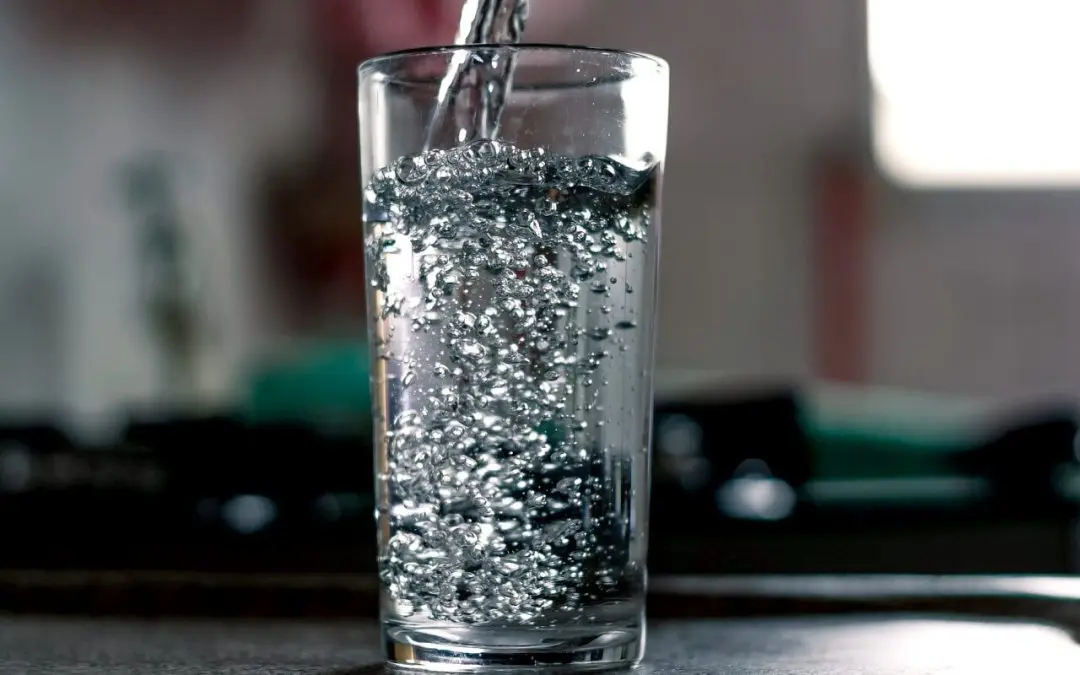Clean and healthy water is essential for every household. With rising concerns about water quality, many homeowners are turning to water filters as a reliable solution. However, with various available options, it can be overwhelming to determine which type of filter best suits your needs. Here are a few of the most common types of water filters for the home to help you make an informed decision for your family.
1. Carbon Water Filters for the Home
Carbon filters, also known as activated carbon (or activated charcoal) filters, are one of the most popular choices for home water filtration. These filters use carbon, which has a high surface area and adsorptive properties, to remove impurities from the water. Carbon filters effectively reduce chlorine, sediment, volatile organic compounds (VOCs), and some heavy metals.
There are two common types of carbon filters: carbon block filters and granular activated carbon (GAC) filters. Carbon block filters provide better contaminant removal due to their denser structure, while GAC filters offer a larger surface area for filtration. Carbon filters are affordable, easy to install, and require minimal maintenance. However, they aren’t as effective in removing contaminants like bacteria or dissolved minerals.
2. Reverse Osmosis (RO) Filters
Reverse osmosis filters remove many contaminants, including bacteria, viruses, heavy metals, chemicals, and dissolved solids. These filters use a semipermeable membrane that allows water molecules to pass through while blocking impurities.
RO filters often have multiple stages, including sediment filtration, carbon filtration, and the semipermeable membrane. The reverse osmosis process removes up to 99% of contaminants, providing exceptionally clean and pure drinking water. RO filters are slower than other types of filters, may require professional installation, and produce wastewater during filtration.
3. Home Water Filters: Ultraviolet (UV) Light
UV filters use ultraviolet light to disinfect water by killing harmful microorganisms such as bacteria, viruses, and parasites. These filters effectively destroy microorganisms present in water sources, ensuring the safety of your drinking water.
UV filters are frequently combined with other filtration methods, such as carbon filters, to provide comprehensive water treatment. They are chemical-free, require minimal maintenance, and provide continuous disinfection without altering the water’s taste or odor. However, UV filters do not remove contaminants like chemicals or heavy metals, so they are best used to supplement other filtration systems.
4. Ceramic Water Filters
Ceramic filters are a cost-effective option for filtering water in areas with sediment, bacteria, or larger contaminants. These filters consist of a porous ceramic cartridge that traps impurities while allowing clean water to pass through.
Ceramic filters remove sediment, bacteria, cysts, and protozoa from the water. They are relatively low-maintenance and have a long lifespan. However, they are less effective in removing chemicals and heavy metals.
5. Distillation Filters
Distillation filters boil the water and collect the condensed vapor, leaving impurities behind. This method eliminates contaminants like bacteria, viruses, heavy metals, and minerals, producing purified water.
Distillation filters require electricity and can be slower than other methods. They also remove beneficial minerals from the water. However, distillation is a reliable method for obtaining clean, purified water.
When choosing a water filter for your home, consider your specific needs and the contaminants in the local water supply. With the right filtration system, you’ll enjoy clean, healthy, refreshing water for drinking, cooking, and other household needs.
Home Inspectors of Middle Tennessee offers inspection services in Nashville. Contact us to request an appointment.

